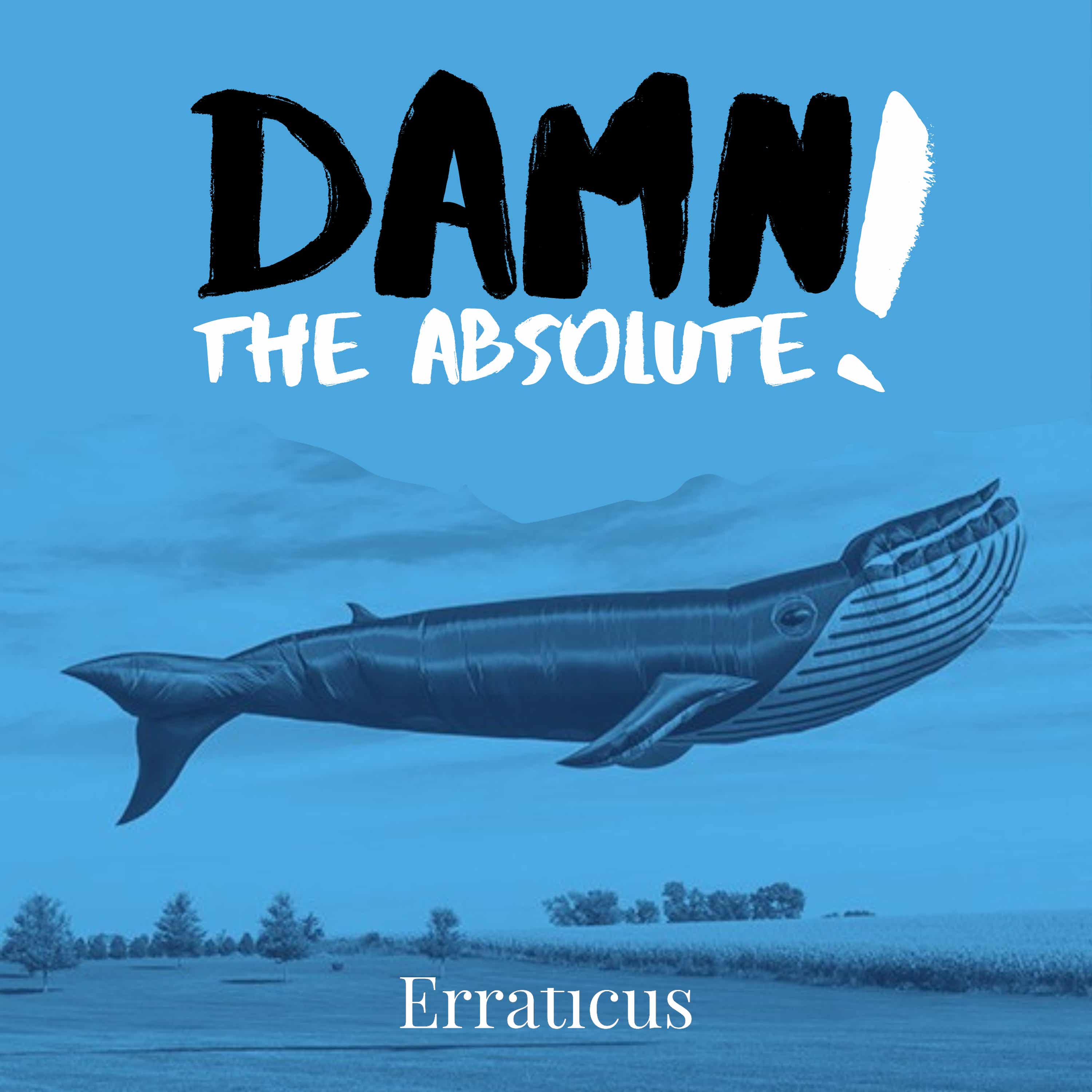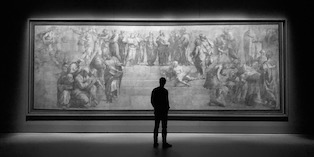Podcast Profile: Damn the Absolute!
 Site • RSS • Apple Podcasts
Site • RSS • Apple Podcasts25 episodes
2020 to 2023
Median: 49 minutes
Collection: Philosophy

 Site • RSS • Apple Podcasts
Site • RSS • Apple PodcastsDescription (podcaster-provided):
Hosted by Jeffrey Howard, editor-in-chief of Erraticus, Damn the Absolute! is a show about our relationship to ideas.Themes and summary (AI-generated based on podcaster-provided show and episode descriptions):
➤ Pragmatist philosophy, anti-dogmatism • truth, language, inquiry, uncertainty • democracy, polarization, trust • race, racism, beloved community, trauma • science as metaphor, mind • ethics, Stoicism, Buddhism • climate, commons, localism • education alternativesThis podcast explores how people relate to ideas—especially the temptation to treat beliefs as absolute—and what it might look like to keep inquiry open in the face of uncertainty, disagreement, and social conflict. Conversations are anchored in philosophy but regularly reach into politics, religion, science, literature, psychology, education, ecology, and community life, with an emphasis on how concepts shape everyday practices and public institutions.
A recurring thread is pragmatism and its descendants: the view that ideas should be judged by their consequences in lived experience rather than by claims to timeless certainty. Across discussions of truth, language, and knowledge, the show returns to questions about how beliefs are formed, how communities decide what counts as evidence, and how to avoid both dogmatism and a collapse into nihilism or “anything goes” relativism. Related themes include skepticism toward representational notions of truth, and interest in approaches that treat language and even scientific models as tools—sometimes metaphorical or narrative—for navigating the world.
The podcast also examines democratic life under strain. It addresses polarization, trust in institutions, deliberation under uncertainty, and the ways public argument can be entangled with collective trauma, shame, or repressed historical memory. Several conversations focus on the ethical and political work of “beloved community,” asking how societies might respond to racism, economic injustice, and other inherited catastrophes without sanitizing the past.
Alongside theory, the show considers practical visions of social organization and flourishing: localism and placemaking, commons-based resource governance, education outside conventional schooling, and responses to climate and ecological crisis that move between technological optimism and cultural restraint. Ethical inquiry extends beyond human-centered frameworks to include animal flourishing and interspecies moral obligations. Overall, this podcast uses interviews with scholars and practitioners to probe how intellectual frameworks influence what communities value, how they cooperate, and how they adapt when certainty is unavailable.